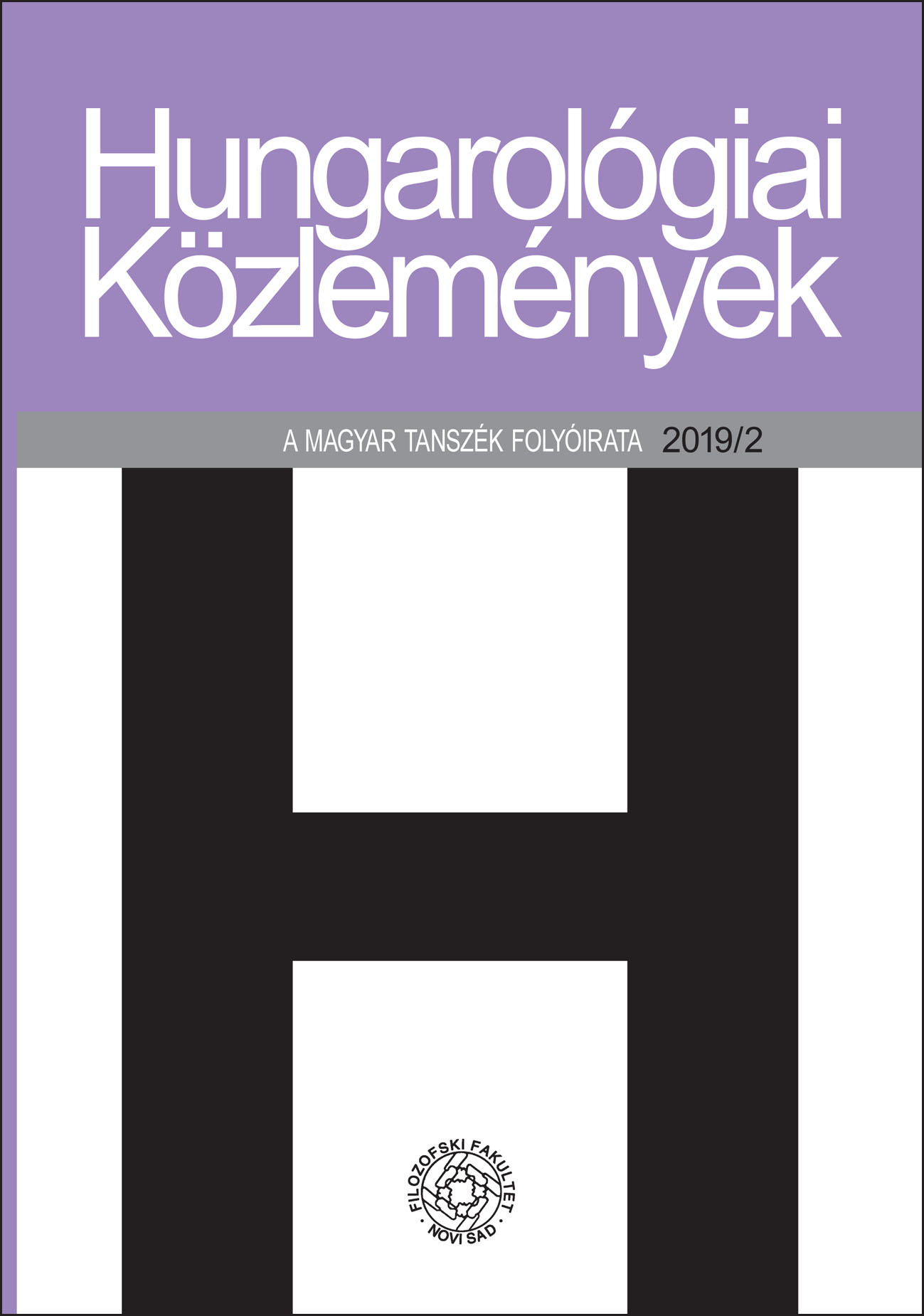Referenciális és fiktív Mezei Márk Utolsó szombat című regényében
Referential and Fictional Features in Márk Mezei’s Novel Utolsó Szombat (The Last Saturday)
Author(s): Erika BenceSubject(s): Hungarian Literature
Published by: Филозофски факултет, Универзитет у Новом Саду
Keywords: fictional; referential; body; soul; motifs; tropes
Summary/Abstract: The plot of the novel The Last Saturday (Utolsó szombat) by Márk Mezei is set in a real space and time, in a rather narrow framework: 14th January 1944, in a dilapidated apartment building in Budapest, 32 Nagyatádi Szabó Street. One protagonist, Aaron Rokeach, the Rebbe of Belz, is a historical character: his life references are known. The other protagonist, Magda, is a fictional character and – contrary to the Jewish Orthodox leader – she comes from an assimilate family, she is ignorant of the traditions of her religion, she is bisexual and an alcoholic. They both fall into a state of extreme loneliness generated by fear of being caught and destroyed: the Rebbe becomes a traitor leaving his community and brothers by faith, while Magda becomes a victim of love betrayal. They come into an identical life situation, only a few meters apart: nevertheless, the sense of fear erects an impenetrable wall between them. They never meet. This paper examines the motivic and tropological features of the narrative.
Journal: Hungarológiai Közlemények
- Issue Year: 20/2019
- Issue No: 2
- Page Range: 84-99
- Page Count: 16
- Language: Hungarian

